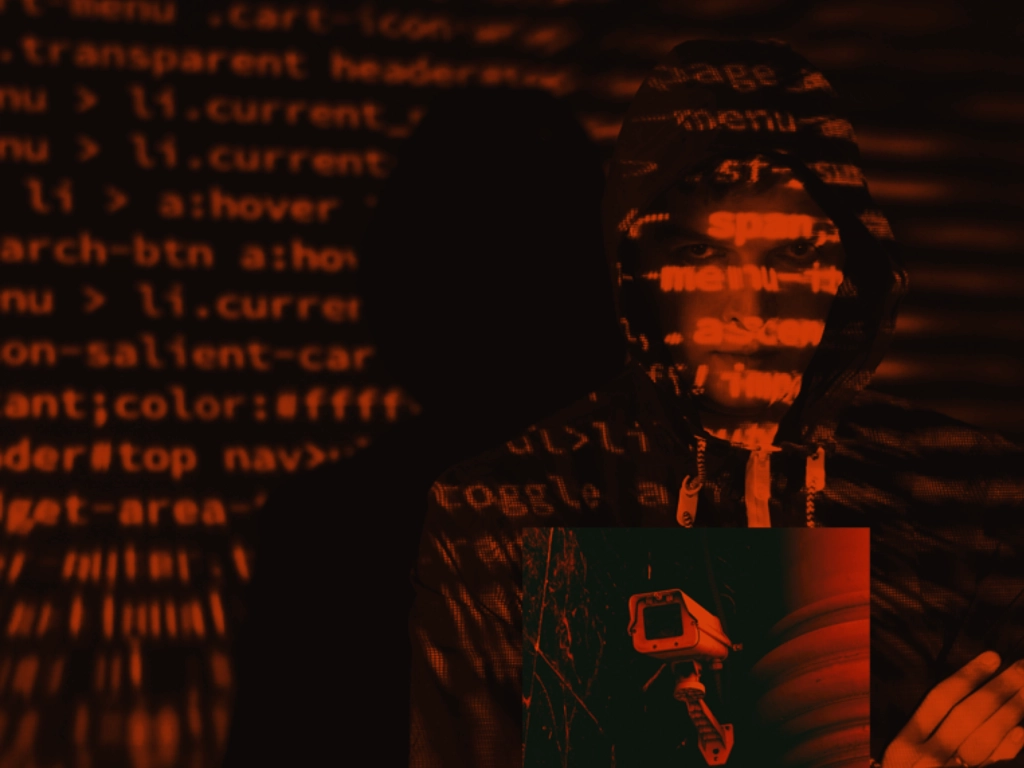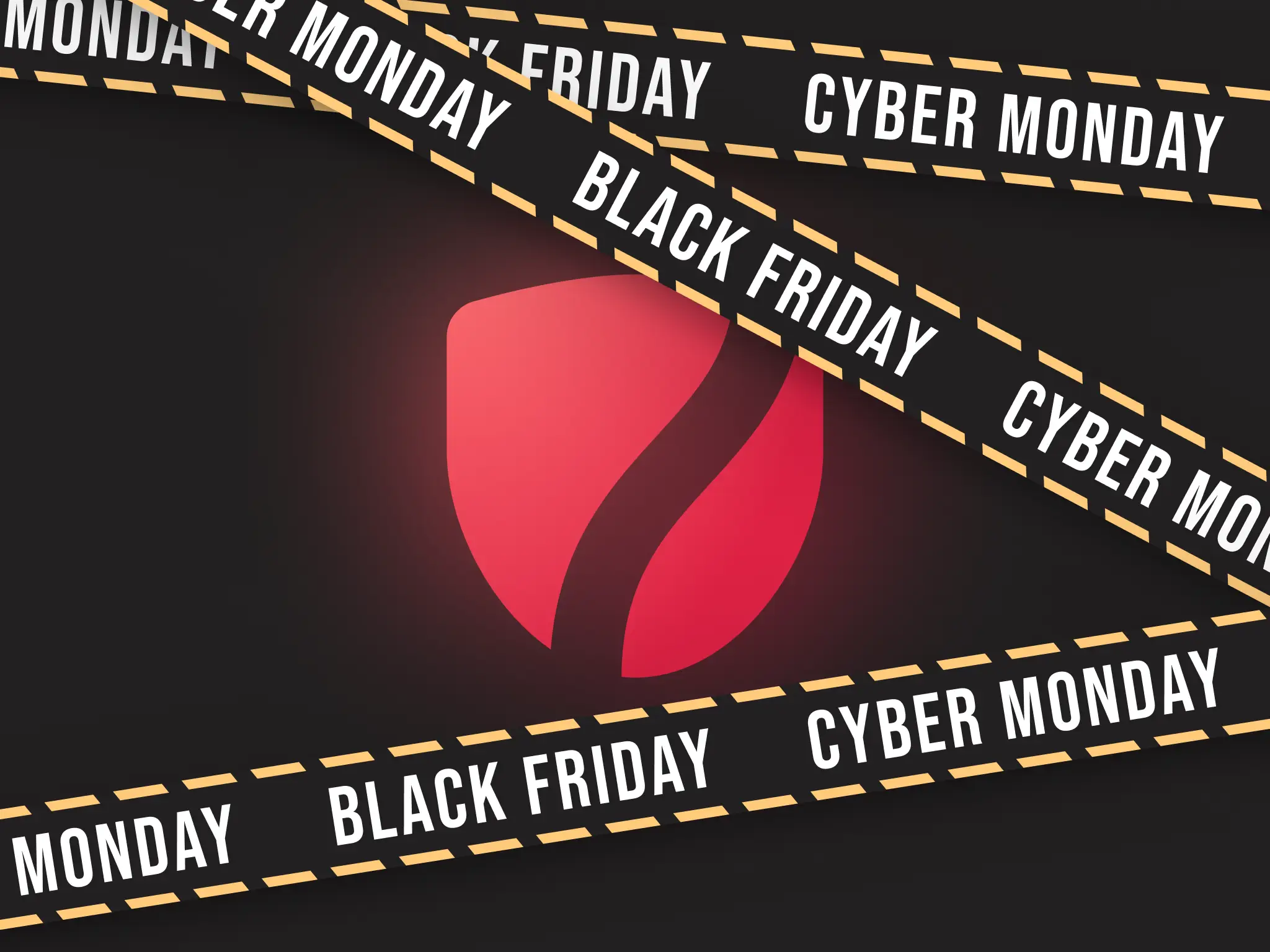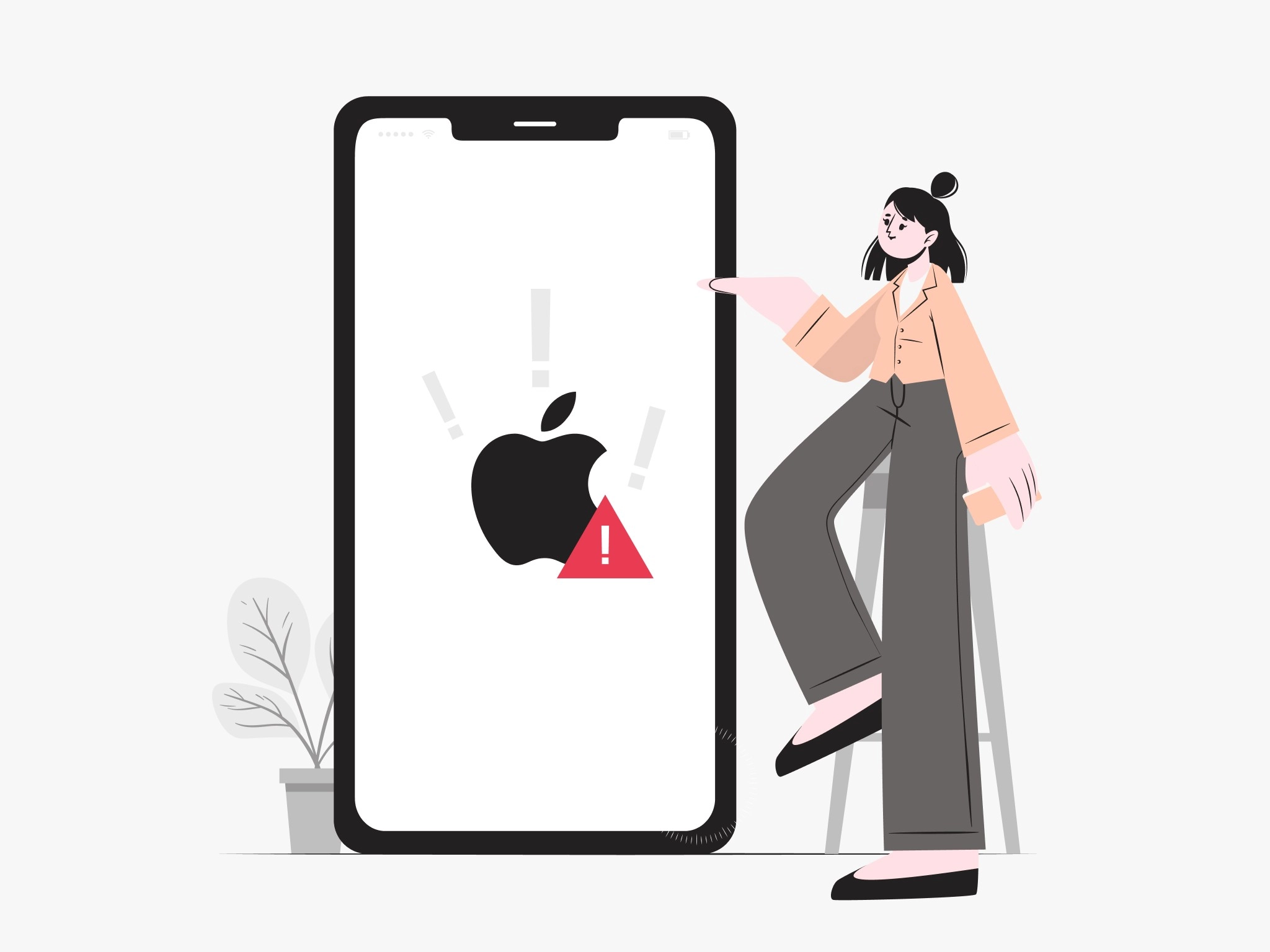As the Internet adoption rate has topped 64% of the global population, cybercrime and data theft risks are rising in all developed countries.
In 2007, for instance, hackers were attempting to attack PCs and networks every 39 seconds. By 2020, a successful cyberattack was taking place every 1.12 seconds — and this number does not account for the hacks that failed or were successfully mitigated.
Cybersurveillance is another story.
A recent report prepared by the United Nations Human Rights Office signals the growing usage of spyware like Pegasus by governments around the globe. Such software can be installed on mobile phones over the air, turning them into a 24/7 surveillance mechanism that harvests sensitive data, such as passwords, call recordings, contacts, and photos. Originally developed to combat terrorism, spyware is now used to spy on opposition leaders, political activists, and active citizens striving to impact a country’s future.
VPN-assisted protection emerges as one of the few possible and 100% legal ways to protect your data and disappear off mass surveillance specialists’ radar.
What is VPN protection, anyway, and what should you remember to choose the right VPN for Android, iOS, and personal computers?
These are some of the issues we will explore in our latest article.
What Is VPN Protection?
Virtual private networks (VPNs for short) are lightweight applications that connect your devices, from smartphones to IoT solutions like intelligent thermostats and door locks, to remote servers scattered around the globe, concealing your true IP address. Thus, when you go online and access a particular website, your Internet company doesn’t see what web services you use, while the website’s host cannot pinpoint your actual location.
And VPN protection does not end here. Virtual private networks also utilize a handful of data encryption technologies, such as symmetric and asymmetric encryption and protocols like IPsec and OpenVPN, to scramble the information exchanged over a wireless or wired network, making it unreadable for outsiders.
VPN Protection from Hackers
One of the major advantages of VPN protection is the decreased likelihood of falling victim to cyberattacks.
No, VPN products do not contain antivirus software, failing to detect and notify you of infected links in your email or attempts to inject malware into your devices.
What they do is securely relay data from your device to a web service and back while concealing your IP address. And some advanced VPN services, such as 7VPN, also provide ad blockers, thus preventing infected popups and banners from appearing in your feed.
VPN protection becomes critical when going online on a public Wi-Fi network or logging into a corporate application outside your company’s walls. It’s also recommended to use a secure VPN for iOS and Android devices when accessing banking applications: this way, no hacker will ever intercept your password or credit card number.
Does a VPN Make You Anonymous?
Many people believe that using a VPN makes them completely anonymous online. However, this is not entirely true.
While a VPN can encrypt your online activity and mask your IP address, it cannot render you invisible.
On the one hand, you still need to set up a user account to use a VPN service. This way, your online activity can be traced back to your VPN provider and, ultimately, to you. Such scenarios are possible in authoritarian countries where IT companies may be forced to cooperate with the police.
On the other hand, particular VPN companies — especially those allowing you to use their products for free — keep logs of your online activity, which can be used to determine your identity if required by law enforcement or other entities. Also, free VPNs may sell your data to advertisers and partner companies, risking your privacy.

What Does a VPN Protect You From — And Where Does It Fall Short?
Let’s do a quick summary of what we’ve learned about VPN protection so far. A reliable VPN product will safeguard you from:
- Hackers. As mentioned earlier, a VPN can protect you from cybercriminals who may try to steal your information — especially if we talk about man-in-the-middle attacks on public Wi-Fi networks.
- Government surveillance. VPNs protect you from government surveillance, especially in countries with strict Internet usage policies. To that end, however, you should download a smartphone, Windows, or macOS VPN from a company without ties to your government.
- Internet provider tracking. VPNs can prevent your Internet company from tracking and collecting your data for the government or advertisers. Still, an Internet provider knows when you launch a VPN, even though your subsequent online communications remain anonymous.
- Identity theft. A cyberthreat hunting one-third of all Americans, identity theft is a fraudulent activity that involves stealing your social security and credit card numbers, passwords, and CVV codes. This information allows hackers to impersonate you. As a rule, cybercriminals withdraw money from your bank account, take a loan, or purchase stuff online. But in some cases, they might use your earnings to finance terrorists, which will inevitably get you in trouble. And while VPN protection has its limits, in most cases, routing your data through an encrypted channel is enough to keep criminals at arm’s length.
How Does a VPN Protect You?
The two pillars of VPN protection are end-to-end data encryption and IP masking — or, rather, replacement.
When your device makes a call to a remote server, the VPN service automatically changes your real IP to an IP in the country of your choice, making it look like you are physically in another place.
What Does VPN Not Protect You From?
While VPNs surely have superpowers, their protection capabilities are not endless. In particular, using a virtual private network won’t keep you safe from the following security threats:
- Phishing attacks. If you receive a seemingly legitimate-looking email from a company whose services and products you use (or even from your boss if we talk about corporate IT environments), ensure it does not entice you to provide personal information or click on odd links. It might be a phishing scam, and no VPN can protect you from such threats.
- Malware. As we told you, VPN services with built-in adblockers offer adequate protection against viruses embedded in digital advertising content. But if you click on an infected banner and execute a malicious program, your VPN’s charms will no longer work.
- Social engineering. A VPN cannot protect you from social engineering attacks, where hackers manipulate or trick you into divulging sensitive information. Therefore, whether you use a VPN or not, you should still follow basic cybersecurity practices like inventing strong passwords, avoiding reusing passwords across different accounts, and updating your apps and system software regularly.
How to Choose the Best VPN Protection
VPN protection from hackers and surveillance specialists is only as strong as the product behind it. Therefore, when choosing a VPN service, it is important to consider several factors, including:
- A VPN company’s reputation, including its history of collaboration with governments and security agencies and cybersecurity track record.
- The VPN service no-log policy. To choose a reliable product, do some research to avoid downloading a VPN that collects and sells data or uses weak encryption technologies.
- The number of server locations a VPN supports. In most cases, 50 countries will prove sufficient for accessing geo-restricted content and avoiding overcrowded servers during traffic spikes.



